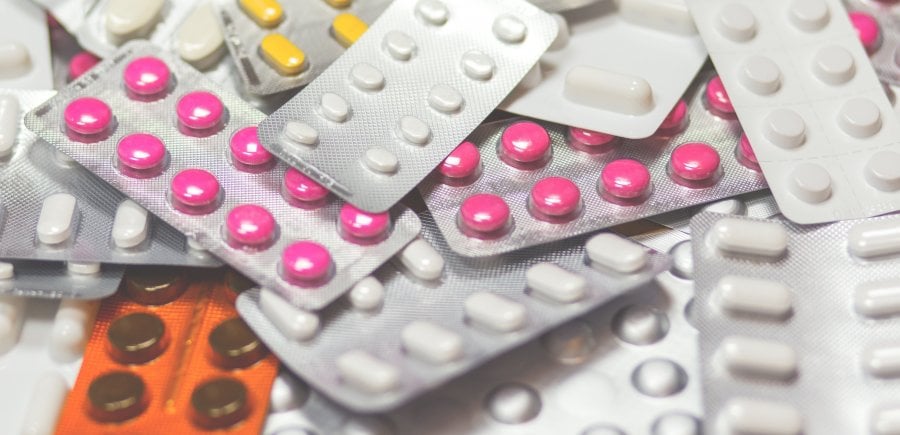
The World Health Organization has recently published the WHO policy guidance on integrated antimicrobial stewardship activities. The guidance was created as a request of Member states and is anchored in public health guiding principles in the human health sector.
The document “aims to provide a set of evidence-based and pragmatic recommendations to drive comprehensive and integrated AMS activities under the purview of a central national coordination unit, National AMR steering or coordinating committees or other equivalent national authorities.” It targets policy-makers at ministries of health, national coordinating bodies and committees.
The document provides a set of AMS interventions and activities organised in five pillars: i) establish and develop national coordination mechanisms for AMS, and develop guidelines ii) ensure access to and regulation of antimicrobials, iii) improve awareness, education and training, iv) strengthen wash-sanitation and hygiene (WASH) and infection prevention and control (IPC).
It includes recommendations for how to integrate AMS activities in other health programmes and highlights the need for better WASH and IPC measures, which have been already signalled as crucial contributors to antimicrobial resistance (AMR) due to their potential for co-benefits. It also highlights the urgency to link surveillance data coming from human and animal health sectors, as well as between AMR, antimicrobial use (AMU), and antimicrobial consumption (AMC).
Amongst various important actions and considerations included in the guidance, I would like to highlight the need for those that are core to the One Health approach:
- The involvement of all relevant sectors at multiple levels, stakeholders, and private and professional organisations in a central national coordination unit operating with its own funding.
- Creating synergies of AMS activities with other public health programmes such as HIV, malaria, health emergencies, WASH and IPC activities.
- Incorporating AMS knowledge into training curricula for all health professionals.
- Proper, optimised and affordable diagnosis which will enable monitoring not just of AMR but of other infectious threats.
- Ensure availability and affordability of antimicrobial agents, implementing a robust supply chain.
- Provision of incentives and policies addressing social and economic factors driving inappropriate antimicrobial use by health workers.
- Establishing regulatory frameworks to preserve medically important antimicrobials for human medicine from inappropriate use in the animal and plant sectors.
- Regulating advertising of antimicrobial agents, and establishing standards for manufacturing and safe disposal.
- Integrating AMS messages into other relevant public health campaigns, as well as including in the school’s curricula the importance of appropriate use and IPC measures.
- Integrated communication strategies with animal, agriculture and environmental sectors.
- Enhancing WASH in communities and health-care facilities.
- Establishing national surveillance programmes of antimicrobial use and consumption, as well as developing tools to measure them in harmonised systems.
- Strengthen laboratories’ capacities for surveillance of AMR as well as implementing mechanisms to facilitate the linkage of AMR, AMU, and AMC data with animal health sectors.
The guidance also includes a Periodic National and Health-Care Facility Assessment Tool.
Our postgraduate taught courses provide health practitioners, clinicians, policy-makers, scientists and recent graduates with a world-class qualification in public and global health.
If you are coming to LSHTM to study a distance learning programme (PG Cert, PG Dip, MSc or individual modules) starting in 2024, you may be eligible for a 5% discount on your tuition fees.
These fee reduction schemes are available for a limited time only.
